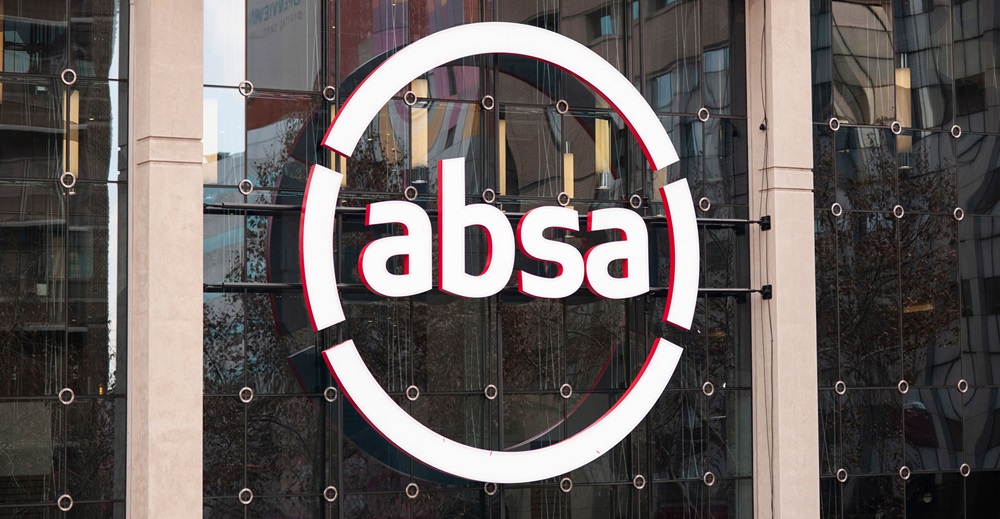South African manufacturers’ sentiment improved more than expected in July as political uncertainty cleared after the formation of a centrist coalition government following the country’s May 29 elections, helping boost demand and business activity.
The overall Purchasing Managers’ Index increased to 52,4 from 45,7 in June, exiting contraction territory for the first time since April, Absa Group said Thursday. The median estimate of three economists was for the index to rise to 48.
The data reflects a “solid start to the third quarter following a weak May and June,” the lender said.
Orders are “possibly starting to come through as the ‘wait and see’ approach is ending now that there is more certainty on the local political front,” the lender said.
Also read: Zimbabwe Declares Cholera Outbreak Over After 30 Days Without New Cases
The African National Congress lost its outright majority for the first time in 30 years in the elections. Some feared it would forge an alliance with leftist parties to form a government, but those concerns were dispelled when it entered into a so-called government of national unity with several business-friendly rivals.
The business activity index jumped 14,5 points to 50,8 in July, supported by new sales orders, which rose 17,5 points to 55,4.
“The improvements suggest that on-hold orders are now being realised and translated into better activity,” Absa said. “Furthermore, export sales increased significantly in July following four consecutive months of declines.”
Meanwhile, Striking a more optimistic tone than the SA Reserve Bank and the IMF, the Bureau for Economic Research (BER) believes SA’s GDP can grow by more than 2 percent in 2025.
Its most recent macroeconomic outlook for SA, presented at the BER conference in Johannesburg on Wednesday, sees GDP growing by 1 percent in 2024, followed by 2,2 percent growth in 2025.
A stronger rand, lower inflation, lower interest rates and some improvement in business and consumer confidence all contributed to its “more optimistic” outlook, said Shannon Bold, a senior economist at the BER.
In its latest update, the Reserve Bank projected GDP to grow by 1,5 percent in 2025, while the IMF expected the economy to expand by a modest 1,2 percent.
For comments, Feedback and Opinions do get in touch with our editor on WhatsApp: +44 7949 297606

For comments, Feedback and Opinions do get in touch with our editor on WhatsApp: +44 7949 297606.
